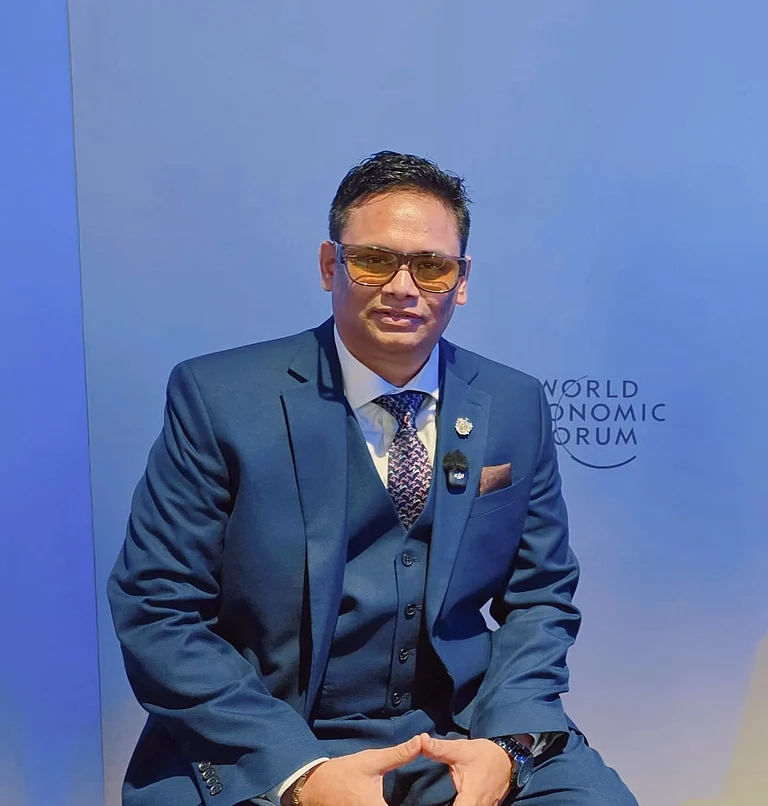Those with ears to the ground can hear the buzz of a movement that is under way in rural Uttar Pradesh. Mayawati’s footsoldiers and those who identify with her party’s ideology are moving around in villages, holding “secret” meetings with Dalits and Muslims. They are trying to bring together these two communities, who make up around 40 per cent of the state’s population, as they work out the contours of the much-discussed Dalit-Muslim alliance in the run-up to the 2017 assembly elections.
“These groups have noticed the churning in UP,” says Mohammad Sajjad, associate professor of history at the Aligarh Muslim University. “The subaltern Muslims can sense that even though they have been prey to communal violence during Akhilesh Yadav’s rule, the upper-class Muslim is still not angry with him. This has sparked a conflict and debate among Muslims. Elite and middle-caste Muslims are moving towards Akhilesh Yadav, while Pasmanda Muslims (groups marginalised within the Muslim social hierarchy) are getting closer to the BSP.”
The bells of such an alliance between the most downtrodden in India’s most populous state are not loud enough for their clanging to be heard everywhere, nor are they so faint to be ignored. What’s certain is that if such a social formation—envisioning life beyond the state election—is forged, the party would dominate in the 2019 national elections as well.
With this in mind, the Dalit and Muslim intelligentsia (including people in government service) and others, such as political activists and students from universities in the national capital, colleges in Lucknow and Allahabad University, are holding “secret” meetings among both communities. These groups have been quite media-shy so far and seem to have chosen to keep their activities under wraps. Their reticence is in keeping with the BSP’s well-known “silent” approach, but a host of other factors have also come into play.
For one, as a BSP leader and former MLA says, there are concerns that the explicit Muslim card will go to its disadvantage, not least because of the intense polarisation between Hindus and Muslims in parts of the state. “Every day there is news of a new Hindu-Muslim fight. If a Hindu and Muslim even rub shoulders accidentally, they accuse each other of an attack,” says this leader. Should the BSP now open doors for the Muslims, it will drive away the Hindu voters, especially Brahmins, the leader fears. This may weaken Mayawati’s carefully-crafted alliance with the Brahmins and other elite castes, who get to share the party’s power.
This time, one reason for these conversations is that a section of Muslims feels alienated from the Samajwadis. In the last election, the Muslim votes had been scattered across various formations. This time, too, they are said to be looking out for a party that can defeat the BJP.
Seen another way, the mobilisation of Pasmanda Muslims as separate from other Muslims is no shoo-in for BSP. “The political ideology of most Muslim voters is still controlled by the elite-caste Muslims, who look down upon Dalits in the same way as elite-caste Hindus do and feel just as uncomfortable with the rise of Dalit politics,” says Khalid Anis Ansari, who teaches sociology at Glocal University, Saharanpur. This means most elite-caste Muslims will ally with the SP, but as they control the ideological mobilisation of Muslims through institutions such as mosques and madrasas, it won’t be easy for Mayawati to snatch a major piece from the Muslim vote-pie. “If more Muslims vote for Mayawati, that could well lead to less votes coming from elsewhere,” feels Ansari. Proximity to Muslims in a communally polarised electoral climate is likely to put off large sections of Hindus—given that Hindutva discourse is, for most part, led by the elite castes.
A BSP leader says that although the flogging of Dalits in Una, Gujarat, by cow vigilantes has become a pivotal point for efforts to bring about Dalit-Muslim unity, this cannot be done overnight. “Polarisation has spread in different degrees throughout the state. It can be countered, but that takes time,” he says, suggesting that the BSP has started to articulate the need for Muslim votes, but is not building a larger social coalition. “A Muslim will die of hunger but not compromise on dignity. If the BSP gives no Muslim leader space to speak, if everything is controlled by Mayawati, Muslim leaders will not join.” Whether Mayawati lets Muslim leaders speak or not, it is almost certain that the BSP will be giving nearly 125 tickets to Muslim candidates for the 2017 polls, including a large chunk in western UP where Dalits and Muslims are in large numbers. If she does well in the western parts, she would be well-placed to win Uttar Pradesh, not just in 2017 but in the general elections two years after that as well. This, surely, will be one pivotal fight for the BSP.


























